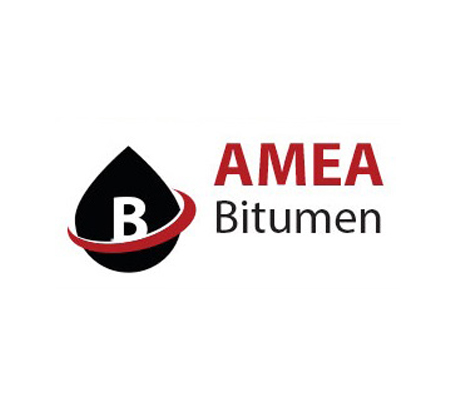Over the years, Gilsonite has been used in a variety of industrial applications. Today, as industries continue to look for cost-effective, natural, and versatile materials, the industrial uses of Gilsonite are expanding. By 2025, its demand is expected to rise, especially in oil and gas, construction, automotive manufacturing, and even emerging green technologies. These Gilsonite use cases demonstrate how a naturally occurring material can adapt to both traditional industries and new technological needs.
1. Oil and Gas Industry: Gilsonite in Well Cementing
One of the most important uses of Gilsonite is in the oil and gas sector, particularly in well cementing operations. When drilling an oil or gas well, engineers must pump cement into the space between the steel casing and the borehole. This helps protect the well from pressure changes and fluid loss.
Gilsonite is added to the cement slurry because it helps prevent lost circulation—a common issue where cement escapes through cracks or porous zones in the rock. Thanks to its low specific gravity and sealing ability, Gilsonite forms a strong barrier in these problem zones. It also helps reduce slurry weight, which is important in weak formations.
According to industry data, more than 200,000 wells worldwide have been cemented using Gilsonite-based slurries, proving how effective and reliable this material is in the field.
2. Construction and Pavement Industry
Gilsonite is widely used in road construction, especially as a modifier in asphalt mixes. When added to asphalt, Gilsonite improves the material’s durability, moisture resistance, and elasticity. Roads treated with Gilsonite-modified asphalt tend to last longer, even in harsh weather conditions, because the material helps bind the gravel (aggregate) more tightly to the bitumen.
Gilsonite-modified asphalt is especially resistant to rutting, water damage, and cracking at low temperatures. This makes it ideal for high-traffic highways, airports, and city roads.
In addition to asphalt, Gilsonite resin is used in creating waterproof, stable pavements. These pavements offer improved resistance to deformation and stripping, especially in hot or wet climates.
3. Automotive and Industrial Uses
In the automotive industry, Gilsonite is used in tire manufacturing. It’s blended into rubber compounds to improve tire strength, flexibility, and wear resistance. This helps produce tires that last longer and perform better on rough roads.
Gilsonite is also used in the production of inks, paints, and coatings. Because it contains a high amount of pure carbon and very low sulfur, it gives a deep black color and adds durability to printing inks and industrial paints. It also improves drying time and bonding in surface coatings.
4. New and Emerging Technologies
Researchers are now exploring how Gilsonite can be used in emerging technologies. One promising area is the production of graphene oxide, a form of carbon used in electronics, solar cells, and batteries. Gilsonite’s molecular structure makes it suitable for converting into graphene and other high-tech materials.
There’s also growing interest in using Gilsonite for photovoltaic (solar) cells, where it could serve as a natural carbon-based additive, reducing production costs and increasing sustainability.
5. Environmental Applications
Gilsonite is not just useful in heavy industries—it also shows potential in environmental protection. Recent studies show that modified Gilsonite can help remove cyanide ions and other pollutants from contaminated water. This could make it a valuable material in future water purification systems.
6. Foundry and Nuclear Applications
In the foundry industry, Gilsonite is used as a carbon additive in the casting of metals. It helps improve the finish and strength of metal castings and reduces the amount of gas that forms during the molding process, which leads to fewer defects.
In the nuclear sector, Gilsonite is used to make gilsocarbon, a special carbon-based material that’s used inside nuclear reactors. Gilsocarbon is stable under high temperatures and radiation, making it ideal for sensitive applications like reactor cores.
7. Challenges and Future Outlook
Despite its many advantages, there are a few challenges that affect Gilsonite’s production and use. One key issue is the availability of high-grade Gilsonite. Not all deposits are the same; some have higher ash content, which lowers the quality. To meet the rising demand, industries are investing in better processing techniques like flotation methods, which help remove ash and impurities more effectively.
As we move toward a more sustainable and cost-conscious global economy, natural materials like Gilsonite are gaining attention. Its adaptability, low environmental impact, and wide range of uses make it an increasingly attractive choice for many industries.
Conclusion
Gilsonite is no longer just a niche industrial material. By 2025, its role in global industries will continue to grow, from helping drill safer oil wells and building longer-lasting roads to powering the next generation of solar panels and clean water systems. Its value lies in its natural properties, versatility, and ability to meet the needs of both traditional and high-tech industries.
As technology advances and industries look for smarter, greener solutions, Gilsonite is well-positioned to remain a key player in materials innovation.






